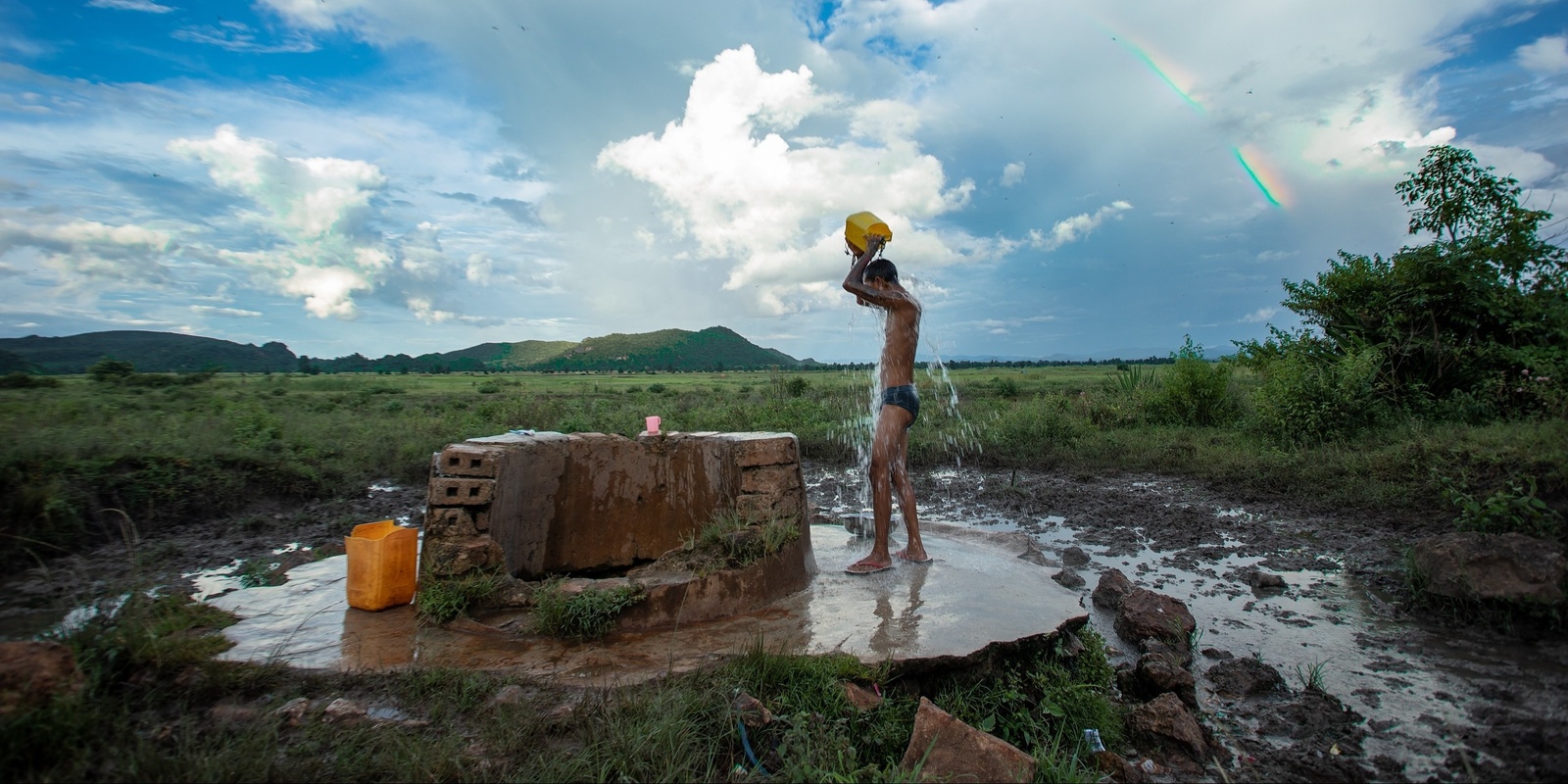Breaking the saffron wave? Sangha capture in South and Southeast Asia
Event description
VENUE
The dialogues in the series will be held in hybrid mode, i.e. in-person on the ANU Campus, and virtually on zoom.
IN-PERSON: Institutes Boardroom, HC Coombs Extension Building, 9 Fellows Road, ANU, Acton, ACT, 2601.
ONLINE: Zoom. Please select the relevant ticket, in-person or online, according to your preferred attendance mode.
For more information on the MRC 2024 Dialogue Series please see the MRC website or contact the Chair:
- David Hopkins, david.hopkins@anu.edu.au
Breaking the saffron wave? Sangha capture in South and Southeast Asia
In recent years, thousands of Buddhist monastics have marched in anti-regime protests across South and Southeast Asia. As one of the largest and most influential non-state organizations in the region, monastic communities appear to be powerful agents for political change. Yet, like similar movements over the last half-century, recent monastic protests did not produce broader political resistance among the monkhood, nor did they lead to substantive political change. What explains this? Why has anti-government activism among Buddhist monks been less durable or impactful than other types of monastic activism, such as the varieties of chauvinistic nationalism that have risen to prominence in recent years? This article draws on three case studies—Myanmar, Thailand and Sri Lanka—to offer one answer: sangha capture, the strategic use of law, bureaucracy, patronage and coercion by governing elites to induce compliance among monastics, while also muffling and marginalizing would-be critics.
Speaker
Benjamin Schonthal is Professor and Head of the Religion Programme and Affiliate Professor in Law at the University of Otago in Aotearoa/New Zealand, where he also co-directs the Otago Centre for Law & Society. He received his PhD from the University of Chicago and has held visiting positions at Northwestern University, the Institute for Advanced Studies (Bielefeld) and the Law School at the University of Chicago. His research examines how religion, law and politics intersect in South and Southeast Asia. He is the author of Buddhism, Politics and the Limits of Law (CUP, 2016) and co-editor of Buddhism and Comparative Constitutional Law (CUP, 2023, with Tom Ginsburg). His current book, forthcoming with Cambridge Studies in Law and Society, is called The Laws of the Buddha and the Laws of the Land: Monastic Law, State Law and the Practices of Legal Pluralism in Sri Lanka.
Chair
Ms Zaw Yadanar Hein, ANU.
The ANU Myanmar Research Centre Dialogue Series is a conversation concerning current research on Myanmar aimed at providing scholars with an opportunity to present their work, try out an idea, advance an argument and critically engage with other researchers. International and Myanmar researchers from any discipline are invited to contribute. The Dialogue Series is particularly seeking to provide a space for early career researchers wishing to receive constructive feedback. Each dialogue is one hour long, including a 30-minute presentation followed by a 30-minute Q&A. As a hybrid series, the Dialogues are presented in both virtual and in-person format, hosted by the ANU Myanmar Research Centre.
Tickets for good, not greed Humanitix dedicates 100% of profits from booking fees to charity


